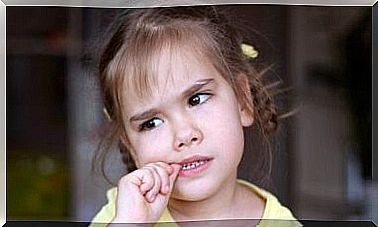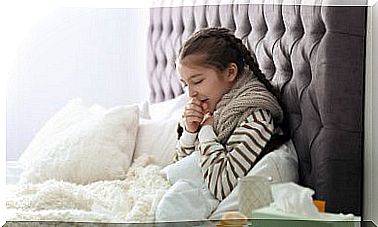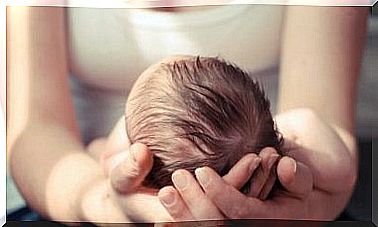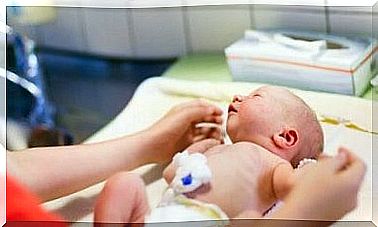Is It Legal To Punish Children By Banning Time Off?
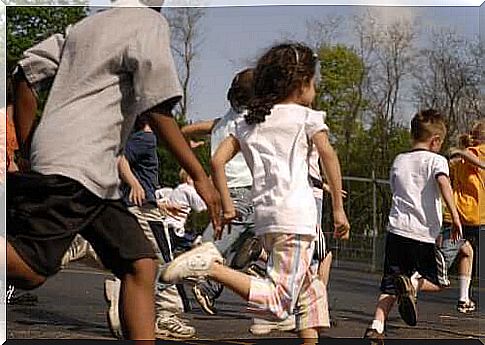
When children are punished by forbidding them to take time off from school, they are deprived of the rights they have during the time period without activities. How is this type of punishment regulated or limited?
In many schools, but not all of them, it is a common practice to punish children by banning recess or reducing its duration. What is the reason for this? Bad behavior, not having finished homework, not knowing the lesson, talking in class or forgetting a notebook at home.
There are teachers who even take time off from students who have to go to the toilet during class. Free time is a right that all children have, and it is also a necessity when considering their physical and emotional health. Still, banning taking time off is a recurring practice.
Next, we will review some facts to understand why children should not be banned from taking recess.
Free time: a child’s right
Article 24 of the Universal Declaration of Human Rights states that: “Everyone has the right to rest and to enjoy periodic holidays”. This includes, of course, children who are also entitled to rest and reasonable limitation of their study time.
For children between 3 and 12 years, school time lasts about 5 hours. There are even some who eat at school or stay longer due to leisure activities, so their school time can last up to 9 hours. Without a doubt, it’s a busy day…
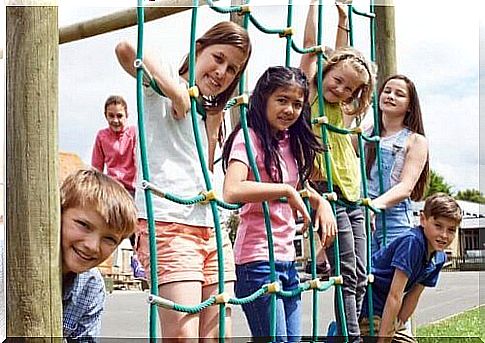
During this day, a break of 30 minutes in the morning, known as recess, has been established. This period of leisure and play is a right that children have.
This right is reflected in Article 31 of the Declaration of the Rights of the Child. It states that: “States Parties recognize that every child has the right to rest and leisure, to engage in play and leisure activities appropriate to the age of the child.”
Punishing children by banning time off is an abuse of power by the teacher or the company. Free time at school is not the property of the teachers, it is the right of the children. There is no internal, approved regime in any educational institution that is above the Constitution or international declarations.
Benefits of free time for children
Free time offers children many mental, physical, emotional and social benefits. This period of free play and leisure activities is essential for children’s development and health. A little moment of free time allows them to develop their social skills, learn to share, communicate and solve problems. It is also a time when they can release tensions.
From a strictly academic point of view, free time is also very important. To learn better, children need a break to process the information after a period of learning. It is as necessary as an hour of math or language.
Free time is also essential for recharging energy and for children to take part in physical activity. It contributes positively to improving school performance and children’s behavior. Furthermore, this leisure and disconnection is especially useful for children who have behavioral problems or learning difficulties, such as those suffering from Attention Deficit Hyperactivity Disorder (ADHD).
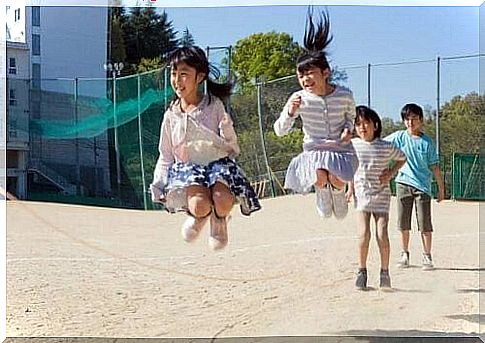
Why is it wrong to ban recess?
Free time is a fundamental part of the development of children. It is an important component of the social interaction that children must have in school. It is an opportunity to get a break from academic demands and a place for leisure activities, creative development, participation and physical activity.
For children, play is an essential activity that cannot be banned or deprived. Schools should not use the break as a form of punishment. They need to find other methods to improve the behavior of the students.
Parents should demand that their children’s rights be respected and ask the school not to punish them by banning recess. The school must use educational and non-coercive methods to correct possible behavioral problems in children. It is necessary to find other solutions that do not include depriving them of their right to take a break.
By banning recess, children also learn that they must conform to unjust situations without being able to express their opinion about them. They learn that their needs do not matter and that they cannot change anything they consider to be unfair.
